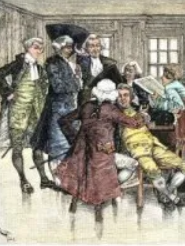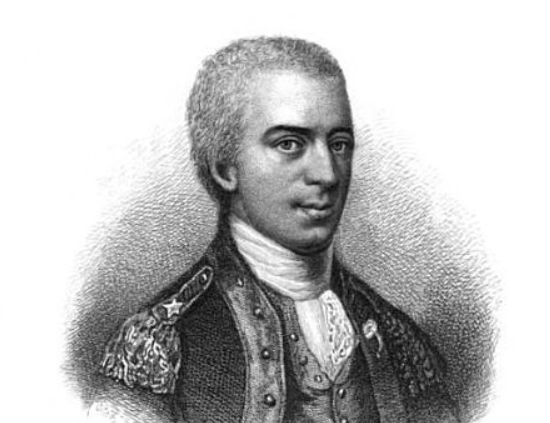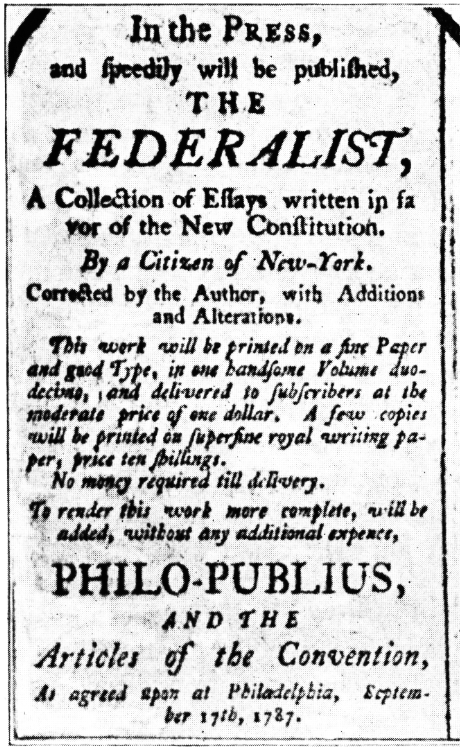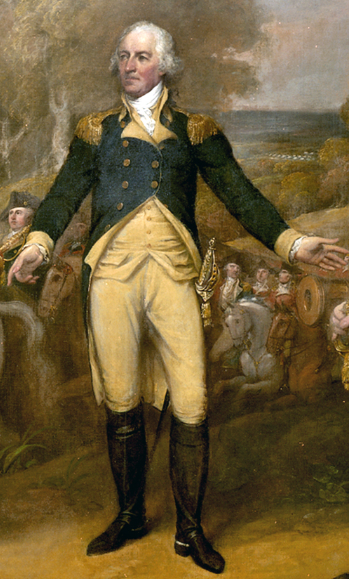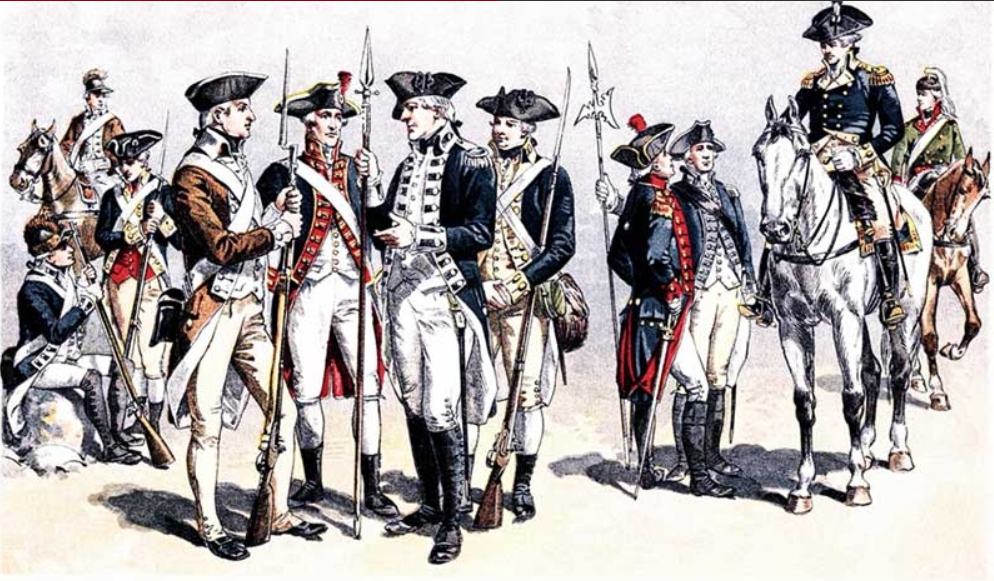Twice Removed From The Continental Army - Penuel Cheney's Malpractices
Information on the life of Penuel Cheney is very hard to come by.
With that understanding, it is still important to look at Cheney’s actions in the summer and fall of 1775.
His role as a Surgeon’s Mate demonstrates some serious issues in the administration of the fledgling Continental Army.
Penuel Cheney
Penuel Cheney was a Connecticut Physician when news of Lexington and Concord broke.
Penuel signed up as a Surgeon’s Mate in his local militia and went off to join the war.
While participating in the Siege of Boston, Cheney was accused of, “fraudulent Draughts upon the Commissary’s Store and other malpractices,” according to George Washington.
Resignation
Cheney was scheduled to be given a court martial, but wrote to Washington asking instead for a discharge.
Although he does not specifically address the accusations, Penuel does mention that the appointment of Benjamin Church as Superintendent of Hospitals made his position useless.
This is notable because the crimes which Cheney had been accused of began before the consolidation of the separate militias into the new Continental Army.
Dropping Church’s name was all the more important, as the doctor had just been found out as a traitor who was slipping information to the British.
Seemingly interested in downplaying any acts of impropriety, Washington consented and simply released Penuel from the service.
Back in Action
Cheney didn’t disappear for long.
He returned to Connecticut and quickly signed up as a Surgeon for the same militia unit with which he started. Furthermore, he began bad-mouthing Continental Officers and causing distrust within the ranks.
Cheney’s comeback came to Washington’s attention almost immediately. He was cashiered out of the Army and forbidden from joining the Patriots in any fashion.
Chastising Trumbull
The result of Cheney’s return was an interesting letter Washington wrote to Connecticut Governor Jonathan Trumbull.
Trumbull was a Patriot through and through and had quickly become an important ally to the General.
However, George’s politely worded letter scolded Trumbull for letting this Cheney rejoin the war effort under his watch.
Washington said to Trumbull, “I beg leave to intimate to you the propriety of observing some caution in giving Commissions to persons who have been discharged before you are apprized of the reasons of their leaving the Army.”
Ouch.
If you enjoyed this article, you might like these other Founders who were more interested in bolstering their own position than serving their country:
James Wilkinson - America’s Favorite Double Agent
The Invisible Army of Horatio Gates
The Real Treason of Aaron Burr
If you want to learn more about the early days of Revolution, I have a recommendation for you.
‘1775 - A Good Year For Revolution’ argues that this particular year was more important to the creation of the United States than any that followed.
If you’d like a copy you can get one through the Amazon affiliate link below (you’ll support this site, but don’t worry, Amazon pays me while your price stays the same).
Want to get fun American Revolution articles straight to your inbox every morning?
Subscribe to my email list here.
You can also support this site on Patreon by clicking here.
Thanks for your support!
